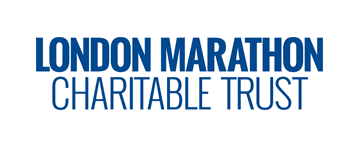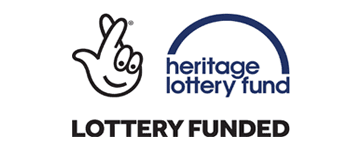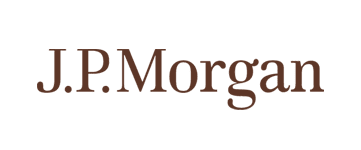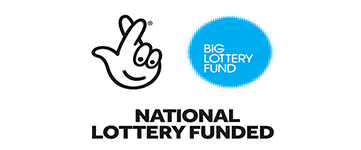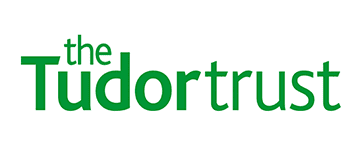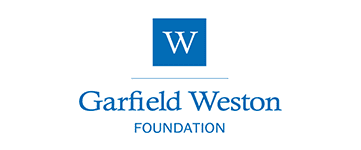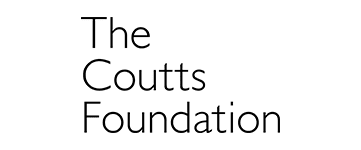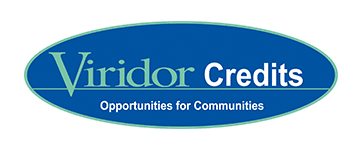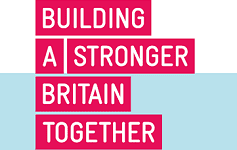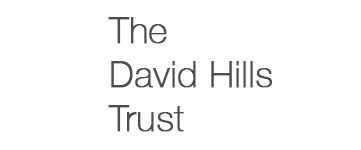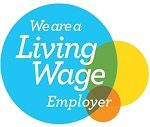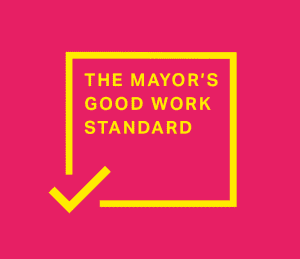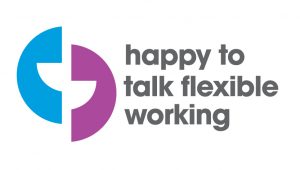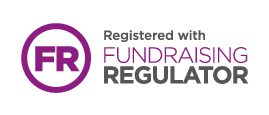Amplifying Black voices in the legal profession: Eric Moffat
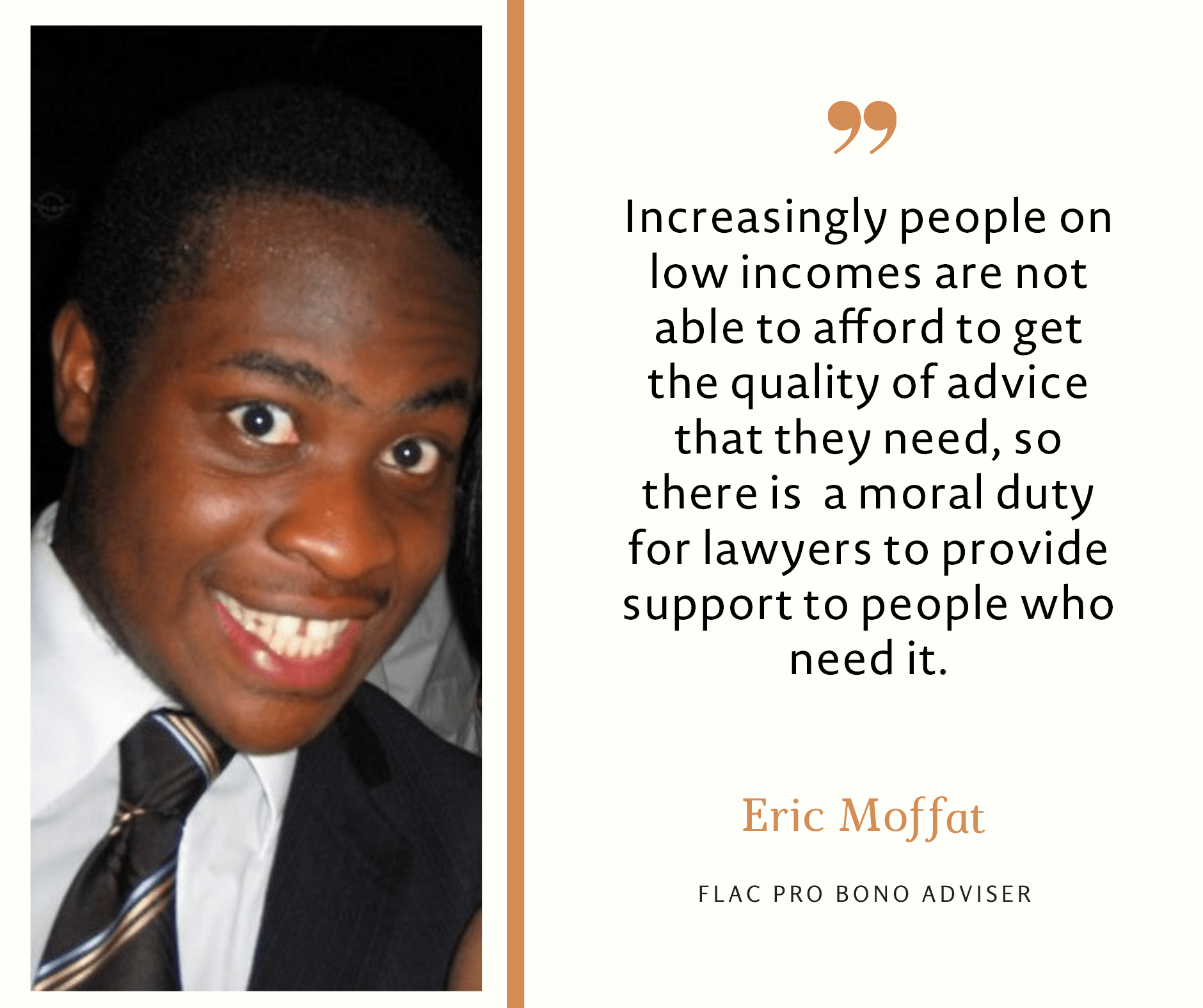
Eric Moffat shares his experiences as a Pro Bono Adviser at our Free Legal Advice Centre and as a Black legal professional
A crucial part of our work at Toynbee Hall is providing wider access to justice to the communities we serve to create a fairer and happier society. Our Free Legal Advice Centre (FLAC) has been providing free, expert legal advice since 1898 and the service has always relied on the dedication of pro-bono volunteers. This month, in honour of Black History Month, we want to celebrate the impact and contribution of Black volunteers.
We asked Black legal professionals who give up their time to offer free legal advice, to share their experiences of volunteering at FLAC and how their racial and cultural background has influenced their approach to providing essential legal support.
Eric Moffat, FLAC Pro Bono Adviser, shares his experiences:
Why do you volunteer at FLAC and why do you think pro bono volunteering is important?
I volunteer at FLAC because I’m attracted to assisting individuals in need who would not otherwise be able to get legal advice. In addition to this, as a qualified lawyer, looking for legal jobs, volunteering has been a great way for me to use
My legal skills and experience in providing legal advice in situations where I would not otherwise have had the opportunity to do so following the corporate route. While I was training at Allen & Overy, I really enjoyed advising at evening clinics at Battersea Legal Advice Centre on contract law and property litigation issues, and also providing advice on human rights issues as a Liberty Letters volunteer, so when I left A&O in 2012, volunteering at FLAC was just a great way to continue this work.
I feel that Pro-bono volunteering is a public duty of any student of law. Access to legal advice is a fundamental human right (article 6 of the European Convention on Human Rights talks about the right to a fair hearing). When the legal market continues to price the vulnerable out, it has to take action against the unfair bias towards those with money and property, who have a monopoly of bargaining power, and are able to ‘buy’ justice against the vulnerable. The central government has severely cut funding in legal aid and quality legal access for years and increasingly, people on low incomes the poor are not able to afford to get the quality of advice that they need, so there is a moral duty for lawyers to provide support to people who need it. And while there are those still in the profession that do not have any interest in pro bono – only interest in their entry in “Who’s Who” – we do need to fight for pro bono volunteering and access to justice in society.
Is there a success you’ve had for a client that you’re particularly proud of? If so, how did you help the client and what outcome did you have?
I remember advising a tenant on legal action against her landlord Council for various damages caused by disrepair (a water leak). She had reported the issues with her property for a long time and been through their complaints process, she was unsuccessful. We went through the damages claim, what she needed to prove, and drafted a suitable letter for the landlord Council. She emailed me a week later to say she had received a substantial offer of compensation from the Council. I was most pleased the letter had been effective and she avoided the need for expensive legal action in the courts!
What’s your favourite part of volunteering at FLAC?
When you get a positive outcome it’s the best feeling in the world! Equally as good as the free biscuits in the kitchen area!
From your experience, if you could change one thing to improve access to justice for people in the communities FLAC serves, what would it be?
I would make it mandatory for closer support and funding from law firms and chambers, big and small, to support pro bono. I’d include free access to meeting rooms, facilities, inter-organisational training and more access to Barristers.
Do you feel your racial/cultural background has influenced the way you approach pro bono assistance? If so how?
I do feel being Black minority, there is always that added pressure to make sure that the advice provided is the best, as though there is something to prove to someone ‘out there’, or to the client, and that’s always a thought at the back of my mind. That’s why I feel I have to work harder to make sure the advice is the best, in a positive way. There is still discrimination out there, even in the legal profession, and we must fight against it. However, being black also helps me to identify with the feelings and attitudes of some of the clients who attend FLAC who feel their rights have been trampled on, and to use experience to give them hope and encouragement that they can fight for their rights and be heard with greater clarity, and situations can be much more improved than they expect.
Supporting young Black people with aspirations in the legal profession
Much has changed since since we began offering free legal advice 122 years ago but sadly structural racism still exists in society and in the legal profession. Toynbee Hall and our longstanding corporate partner Cleary Gottlieb Steen & Hamilton LLP are committed to eliminating all forms of structural racism and maximizing opportunities for Black lawyers.
That’s why this month to coincide with Black History Month, we launched the Champions Project – a programme for black people in Tower Hamlets at university, or who have recently graduated—both aspiring to become lawyers or are interested in one of the many professional careers in an international law firm. Participants in will be matched with a colleague within their London office as a means of widening access to law firms and creating positive change within the legal profession.




